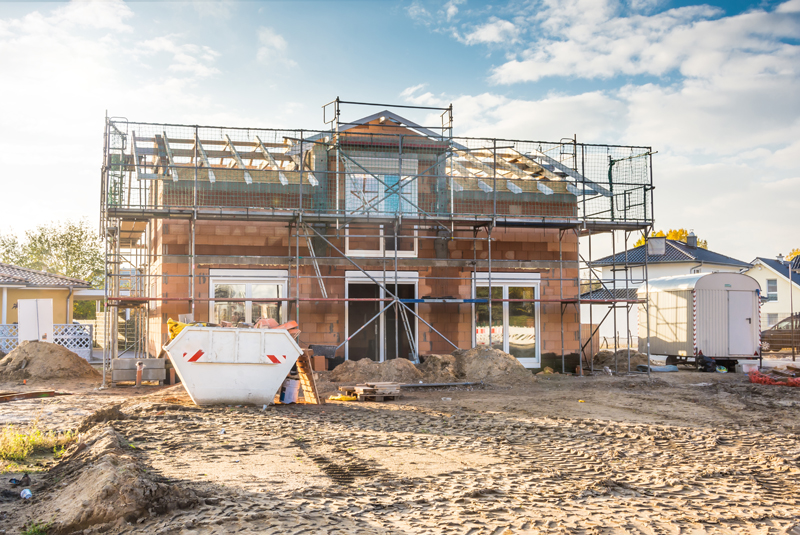
The National Federation of Builders argues that “ending housing targets ends Government housing ambitions,” adding that Michael Gove is “giving in” to Conservative backbenchers in removing mandatory housing targets.
The targets – which are monitored through the Housing Delivery Test (HDT) – are said to not only help to ensure enough homes are built when compared to need, but also encourages councils to allocate sites which can more easily be delivered.
Rico Wojtulewicz, Head of Housing and Planning Policy at the National Federation of Builders and House Builders Association (HBA), said: “We were led to believe that Mr Gove was appointed to ensure Robert Jenrick’s ambitious planning reforms were not lost, yet his first move was to water them down so much that disgruntled Conservative MPs were given a platform to further derail vital change.
“Housing targets were brought in to ensure that councils did not condemn another generation to housing misery but they also helped smaller builders too by putting an emphasis on deliverable supply and not simply high volume sites which do not always come to fruition in a timely manner – exampled by the 400,000 unbuilt permissions. Removing targets, which ambitious councils have doubled and quadrupled without Government intervention, harms aspiring homeowners, small businesses, placemaking and shows that levelling up is a phrase, not a reality.”
He continued: “The Government appears to have lost its vision for homeownership and is now withdrawn to helping protect backbench MPs’ electoral chances at the next election. We’ll be increasing our work with Labour, trying to convince them that we need a small site register, a medium sized site definition of between 10 and 50 homes and housing need assessments that take advantage of modern technology to ensure data is robust, detailed and locally driven.
“The last two years have been very difficult for housebuilders. Eleven new taxes and levies, misuse of data on unbuilt permissions, watered down planning reform, a worsening planning process and incoherent proposals such as brownfield-first, protecting landscapes and removing negotiable housing taxes without bringing any more land forward.
Rob concluded: “By ending mandatory housing targets, the Government has signalled an end to its housing ambitions and placed backbench MPs’ careers before the national interest. The housing crisis is going to get worse.”
The Local Government Association, meanwhile, has also offered its perspective on the DLUHC and the amendments to the Levelling Up and Regeneration Bill on housebuilding targets. Cllr David Renard, LGA housing spokesperson, said: “Councils are committed to working with government and developers to build the housing the country needs, with land for more than 2.6 million homes allocated in Local Plans and nine in 10 planning applications being approved.
“It is good that the Government has recognised that national, top-down algorithms and formulas can never be a substitute for local knowledge and decision-making by those who know their areas best. We have been clear that councils and communities are best placed to decide how to build the right homes in the right places in their local areas, with the right infrastructure, and these proposed changes will help to ensure this can happen.”
He added: “Councils have long-called for more powers to tackle developers who do not build homes in a timely manner and we are pleased the Government is acting on our call for action. By penalising those who sit on planning permissions for longer than necessary, more homes can be provided in a speedy manner to those who really need them the most.
“In addition, the social housing supply is not sufficient to meeting the current housing demand, which is why we want to see long-term plans to give councils powers to build 100,000 high-quality, climate-friendly social homes a year, including reform of the Right to Buy scheme, which has made it difficult.”









